Assassin’s Creed’s iconic image of a hooded assassin with a hidden blade has become a symbol of intrigue and adventure. Over the years, this franchise has introduced us to several main characters from various periods. Some have left a lasting impact, and others have fallen short of expectations. Let’s step on the Animus to uncover which are the best and worst Assassin’s Creed’s protagonists.
11. Eivor (Assassin’s Creed Valhalla)
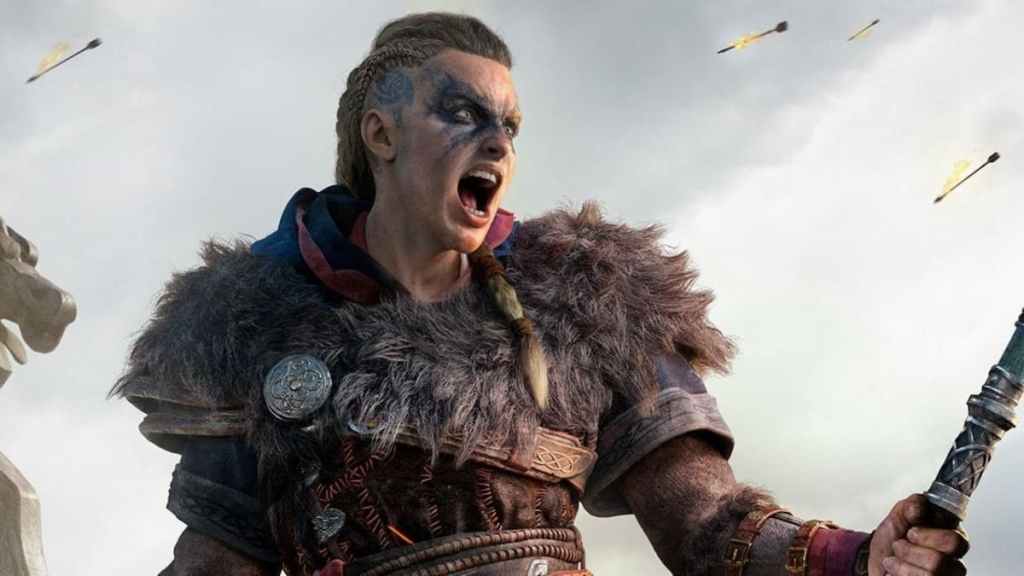
Eivor, one of the reincarnations of an Isu god, had great potential as a character. However, the game doesn’t fully capitalize on their intriguing premise. Their traits, such as survivor’s guilt, poetic nature, and loyalty, are hinted at but not explored in-depth.
In Assassin’s Creed Valhalla, Eivor often feels like an empty player avatar, taking up whichever personality the player decides to give them. While it may work for a blank canvas, player-created characters, when you’ve put in the effort to design, write, voice, and craft a fixed backstory, it falls short on character growth and screen presence.
10. Abilene (Assassin’s Creed III: Liberation)
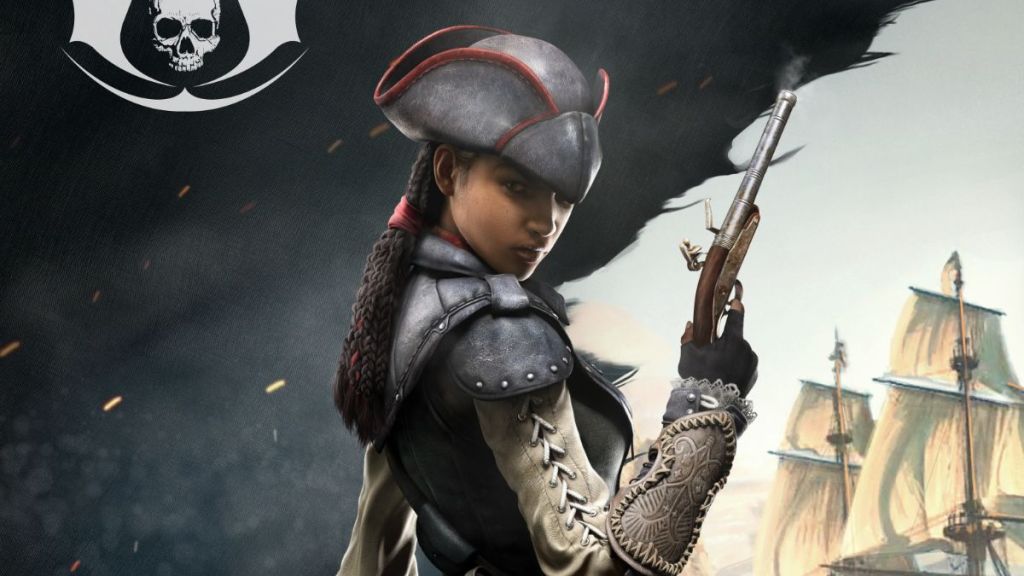
Abilene, the protagonist of Assassin’s Creed III: Liberation, faces challenges both as a wealthy mixed-race woman in 1700s Louisiana and as an assassin. They could not have picked a more exciting, exciting, and unique premise for an Assassin’s Creed game.
Unfortunately, the game’s storytelling decisions, minimal cutscenes, and lack of compelling characters hinder her character development. While her ability to maintain a public-facing alter ego is an interesting concept, it’s not explored thoroughly in the game. Abilene held so much potential; she deserved better treatment beyond being a cool idea that’s never been fully explored.
9. Connor (Assassin’s Creed III)
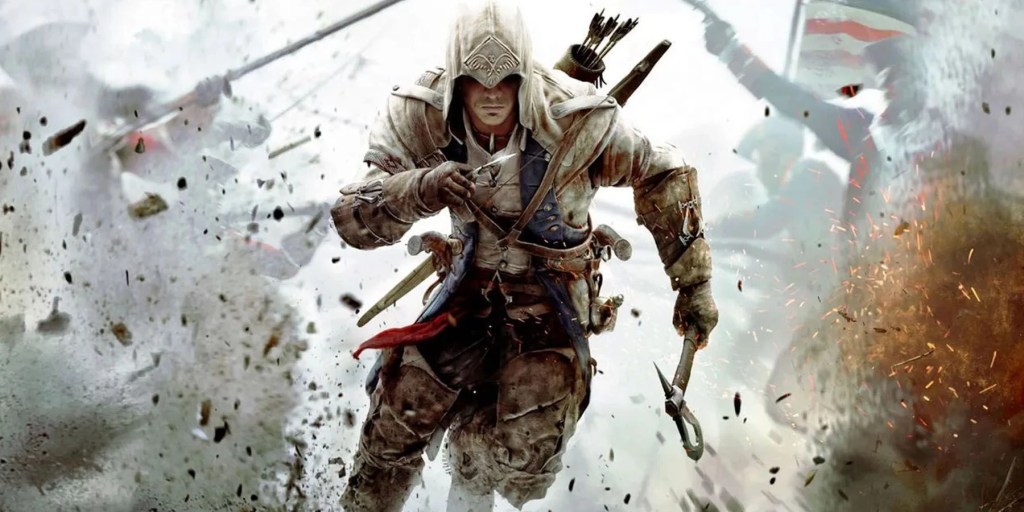
After Assassin’s Creed II, Connor had big shoes to fill. However, the franchise’s next steps could not be worse. Connor faced criticism due to his abrupt departure from previous protagonist archetypes, sure. But also because he doesn’t hold a candle next to Assassin’s Creed’s I and I’s protagonists.
While his story offers depth, including themes of idealism, colonialism, and manipulation, it’s inconsistent in its execution. Connor’s character shifts between wisdom and inexperience, caring and reserved, making his portrayal uneven. The attempt to recreate philosophical debates from AC1 falls short due to less complex antagonists. This all translates to Connor often appearing childish and unintelligent, as opposed to his intended “blatantly optimistic” characterization.
8. Arno Dorian (Assassin’s Creed Unity)
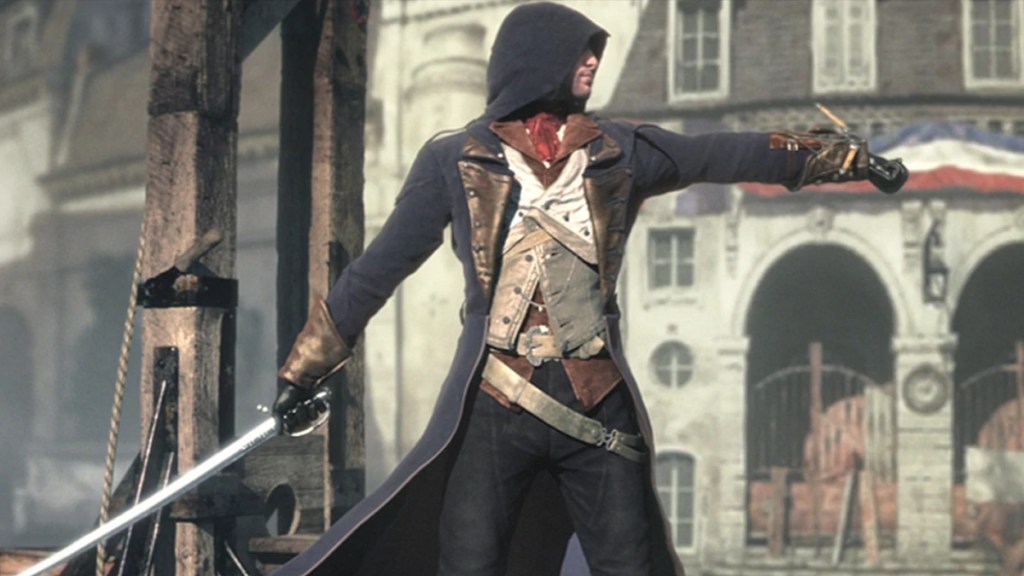
Arno begins as a promising character in Assassin’s Creed Unity, with a quick wit and reckless attitude. He is well-read and cultured, and his character contrasts nicely with his (adopted!) sister and love interest, Elise.
However, the game’s story doesn’t fully develop Arno’s character, and many sequences feel rushed, leaving little room for character growth. This rushed pace leaves little room for character growth, which skews the balance between his sarcastic nature and more serious moments. Perhaps this kind of “comic relief” attitude would have been better for a side character. Still, since he’s a protagonist, he becomes less and less likable as the narrative progresses.
7. Shay Cormack (Assassin’s Creed Rogue)
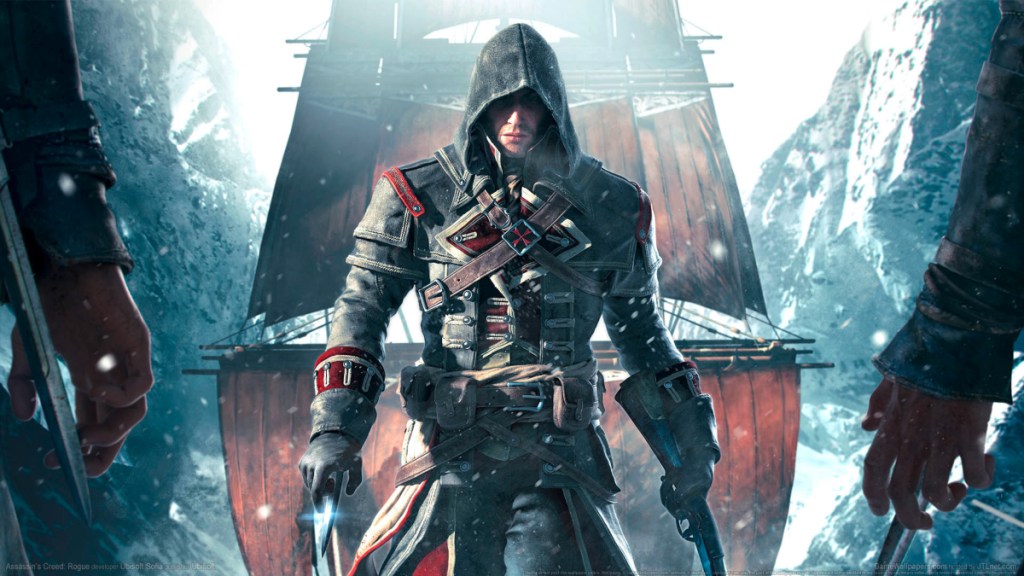
Despite differing from the marketing’s portrayal of a rogue assassin, Shay Cormac is a solid protagonist. He is completely different from his former brotherhood and the Templars, with good character dynamics, especially with Haytham Kenway.
The game’s humorous tone works for Shay, making him relatable and likable. Yet, the game’s shift towards a one-sided view of Assassins lacks nuance, negatively affecting Shay’s character development.
6. Altair Ibn-La’Ahad (Assassin’s Creed 1)
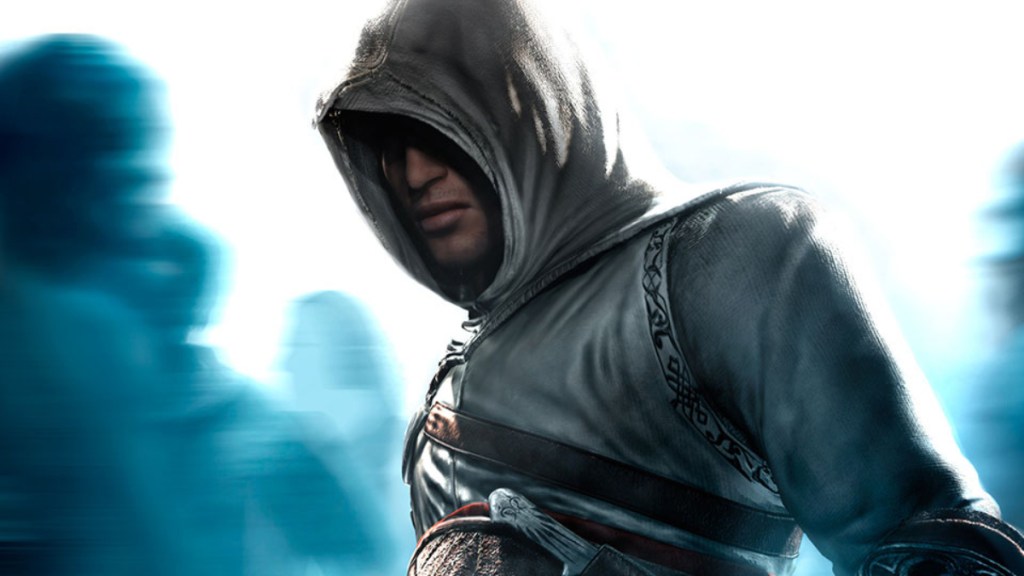
Yes, Altair is the foundation upon which the series was built. If you usually read or listen to the Assassin’s Creed extended lore, you’ll get the sense that his character has evolved significantly.
Related: Assassin’s Creed Mirage: Who is Basim?
However, based on AC1 alone, his in-game portrayal felt somewhat inconsistent. While his dialogue in AC one’s assassination sequences showcases intelligence and empathy, outside those scenes, his wooden dialogue with an out-of-place American accent doesn’t do him justice. His redemption arc in Revelations and Bloodlines feels scattered, and many of the most exciting aspects of his story are relegated to supplementary reading material. Altair’s complexity in books doesn’t translate to the games.
5. Jacob and Evie (Assassin’s Creed Syndicate)
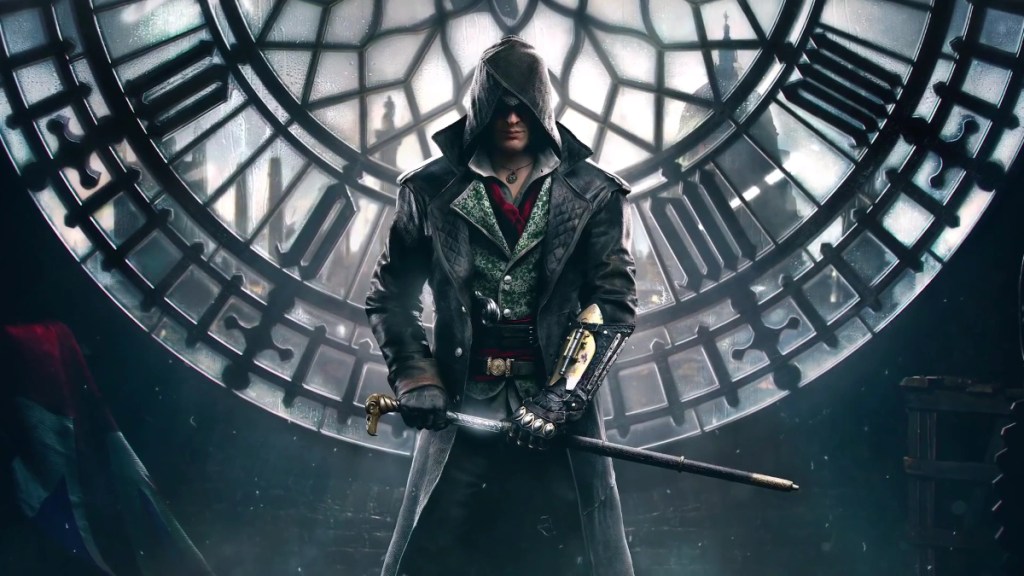
Jacob and Evie, though two assassins, come in a package deal. Jacob’s impulsive nature contrasts Evie’s calculated approach, creating an engaging sibling dynamic.
If you embrace the game’s lighthearted tone, you’ll likely enjoy their banter. The development of their relationship, although cliché, is heartfelt, with their genuine affection and friendly rivalries making it enjoyable. The game allows for character expression, blending humor with dramatic moments. Plus, the performances of Paul Amos and Victoria Atkins enhance the enjoyable and charming narrative the twins contribute to.
4. Kassandra (Assassin’s Creed Odyssey)
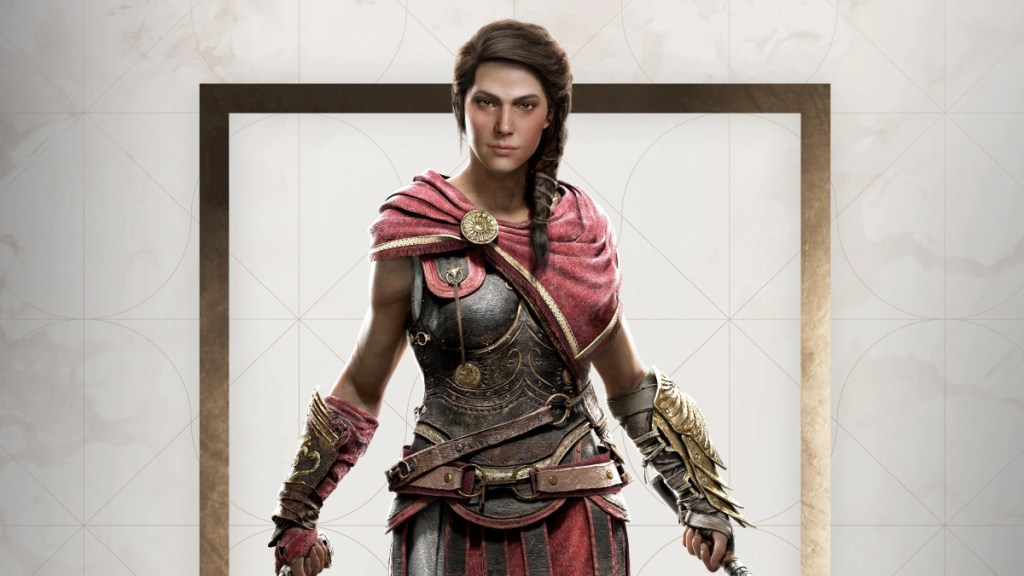
The RPG system affects Kassandra’s character in Assassin’s Creed Odyssey, dragging the story and her character arc for longer than it should. Still, she remains unique and engaging. Her personality ranges from cautious to bloodthirsty, and her quest to reunite her family adds depth to her character. Ubisoft managed to strike an odd and delicate balance with her design.
Despite occasional issues with the RPG dialogue system, Kassandra’s character shines through her well-acted moments and charisma.
3. Bayek of Siwa (Assassin’s Creed Origins)
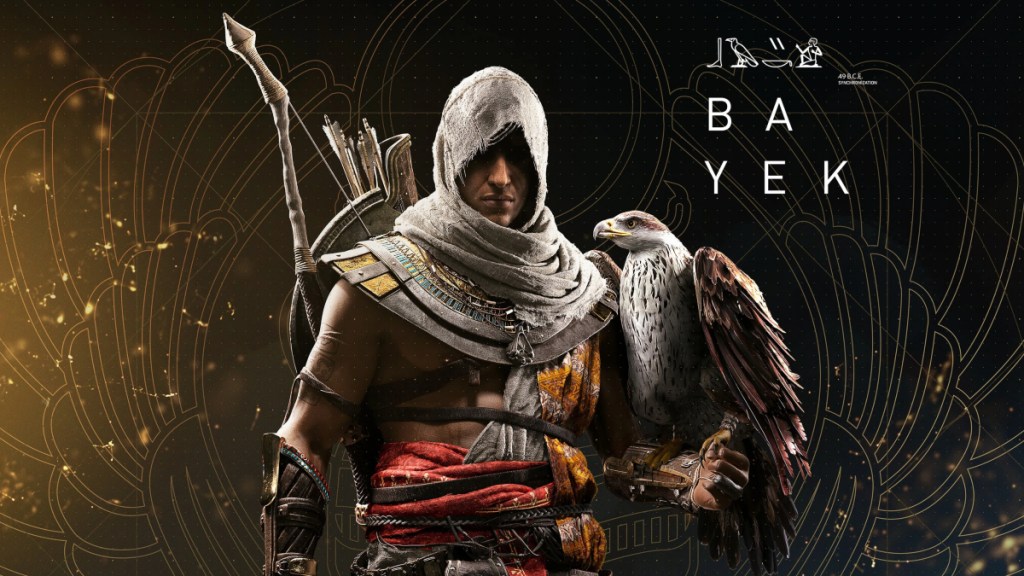
Bayek stands out as a personable and realistic character. His interactions with NPCs feel natural, and he balances humor and sadness effectively. Every interaction shows just how much he means to everyone around him in subtle ways, making you feel like you’ve got to protect him at all costs.
Bayek’s journey toward redemption is the core of Assassin’s Creed Origins, and despite it being a pretty tragic story, the character’s empathy and complexity shine through. While the story loses momentum in the latter parts, Bayek remains a strong and relatable protagonist.
2. Edward Kenway (Assassin’s Creed IV: Black Flag)
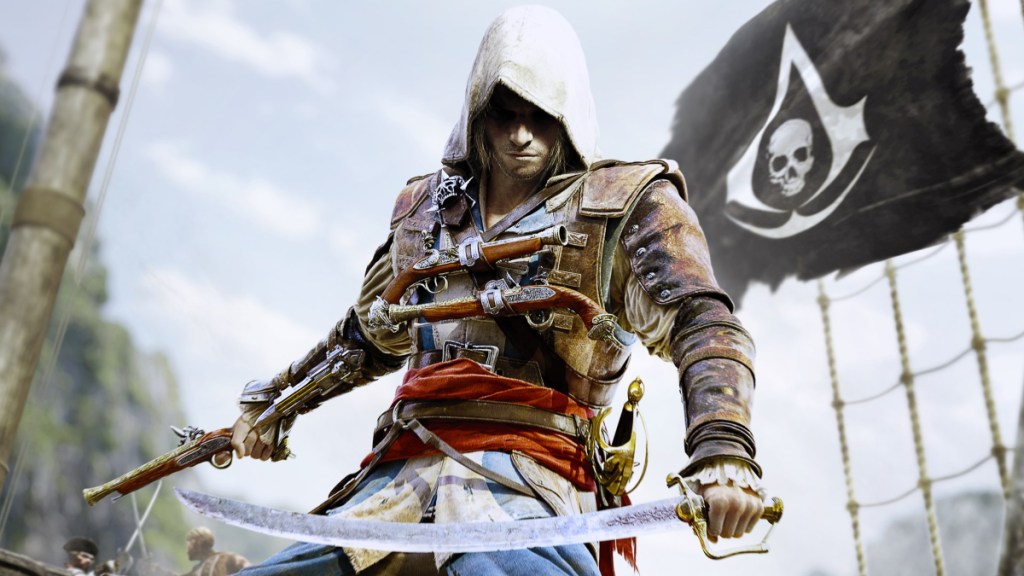
Edward Kenway is a standout character who undergoes significant internal development throughout Assassin’s Creed IV: Black Flag. His journey towards redemption is at the heart of the narrative and the engine that drives Black Flag forward through the mud of innumerable side content.
The game explores his psyche in-depth, which helps you connect with his feelings and motivations. The character’s humorous and dangerous sides blend seamlessly, making Edward one of the most memorable protagonists in the series.
1. Ezio Auditore da Firenze (Assassin’s Creed II, Brotherhood, Revelations)
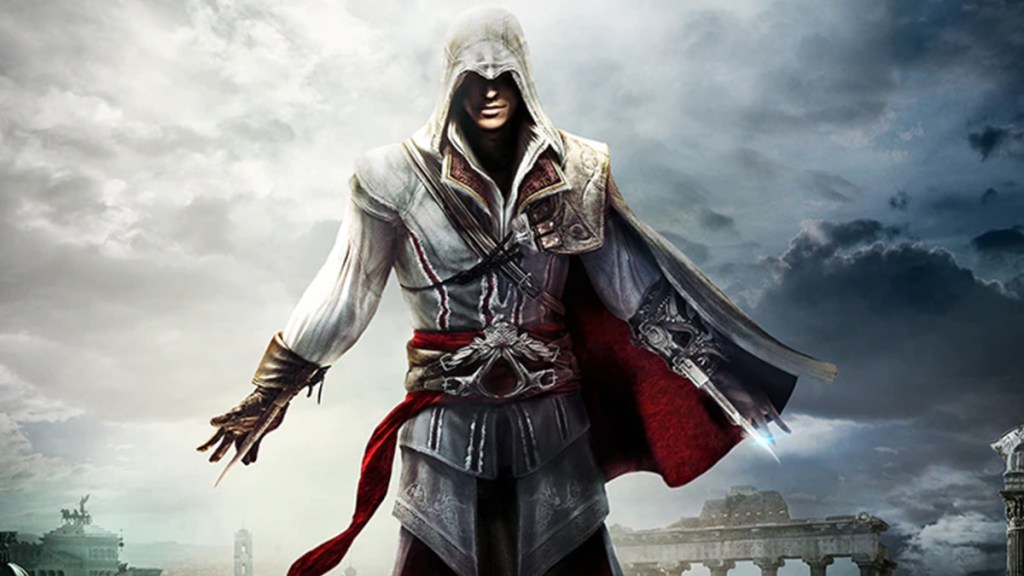
Ezio Auditore is an iconic character whose story spans three games. His transformation from an arrogant youth to a wise and compassionate leader is a compelling journey.
Ezio’s charisma, intelligence, and development make him a beloved figure in the franchise. Admittedly, the story does lose steam, and the antagonists are forgettable. However, Ezio’s memorable moments make him a standout protagonist. While he may have overstayed his welcome in later games, Ezio’s impact on the series cannot be denied.

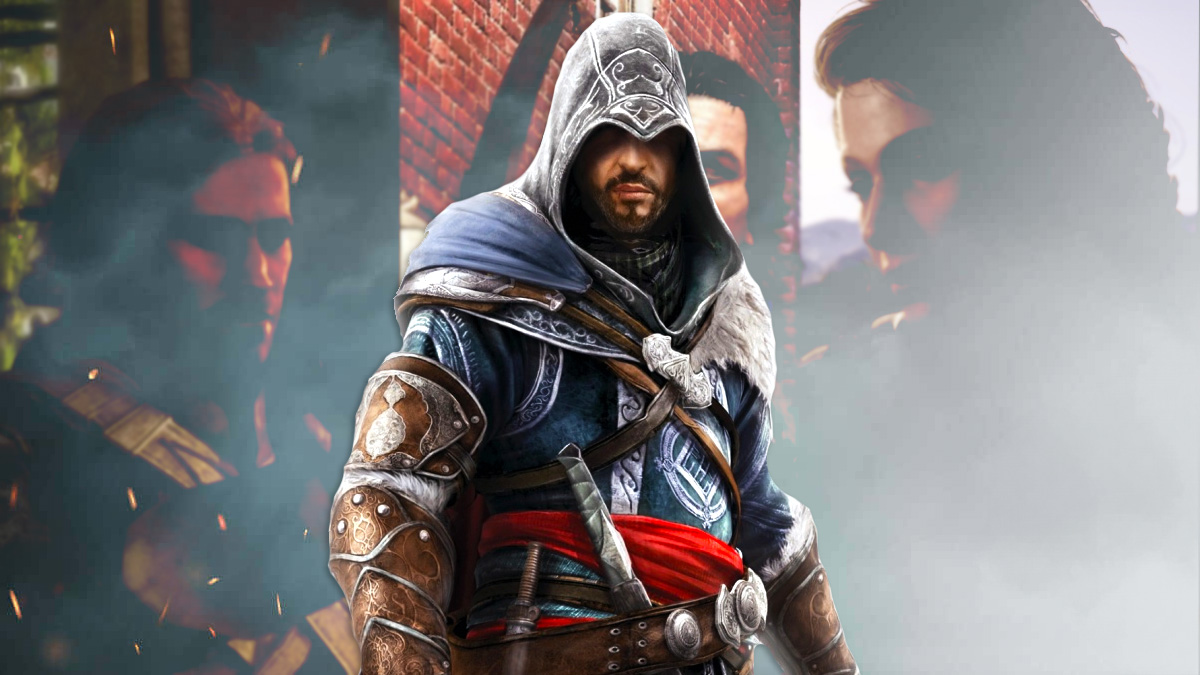

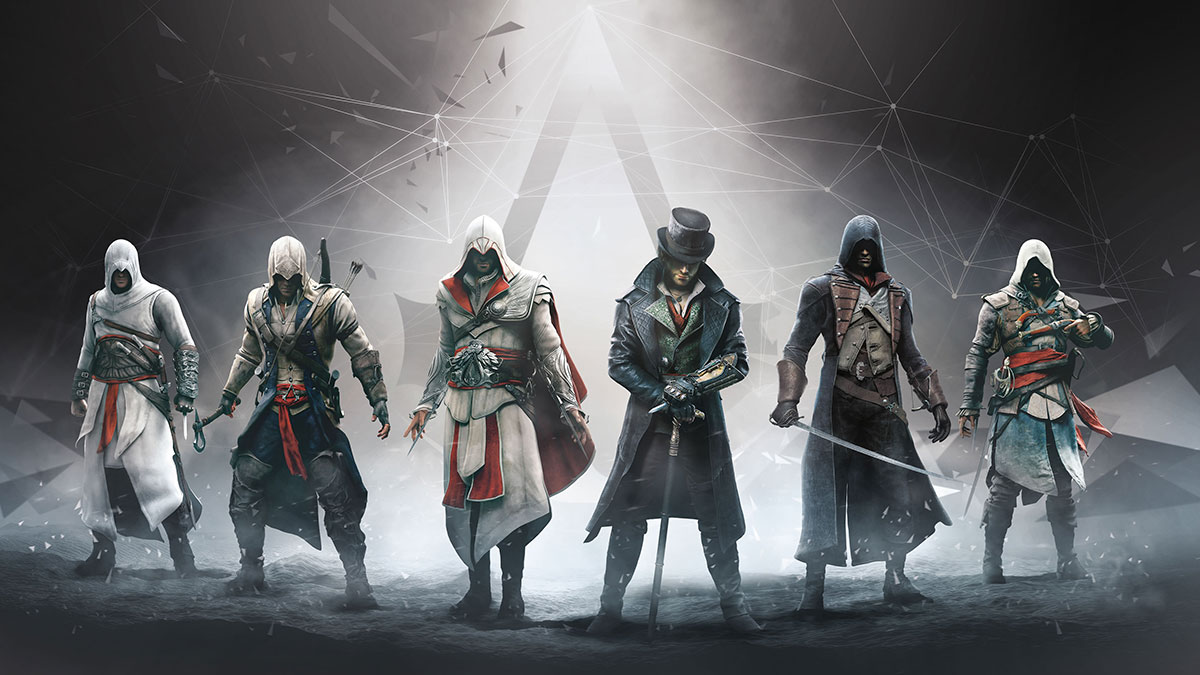
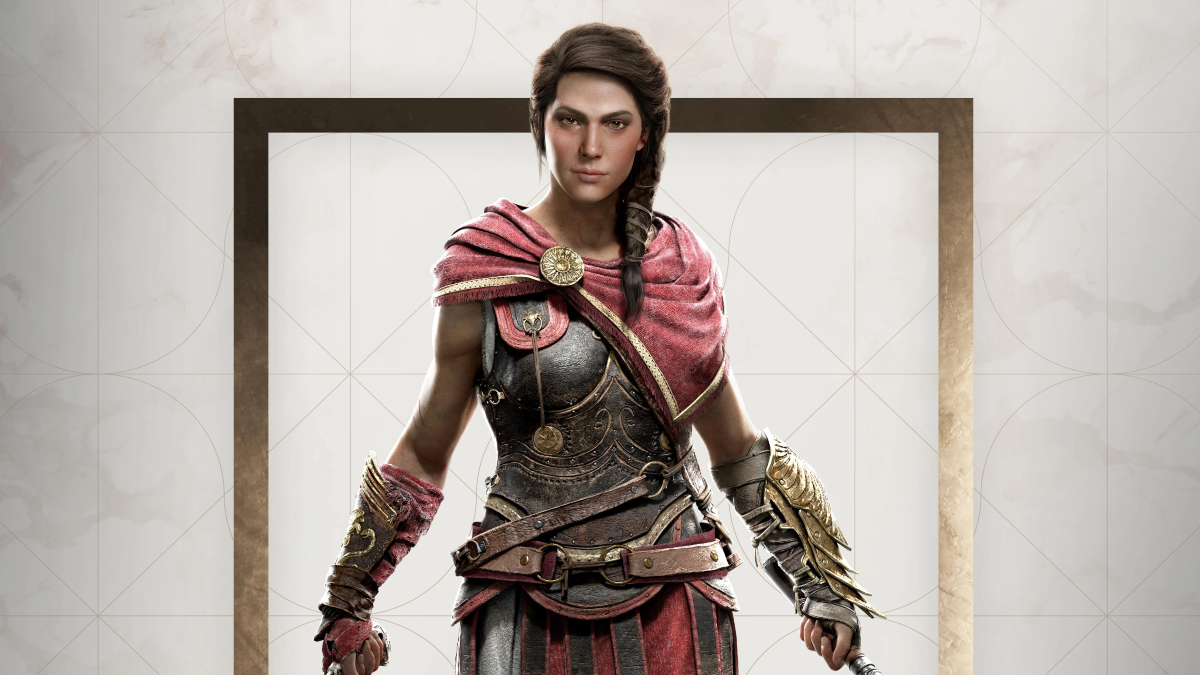

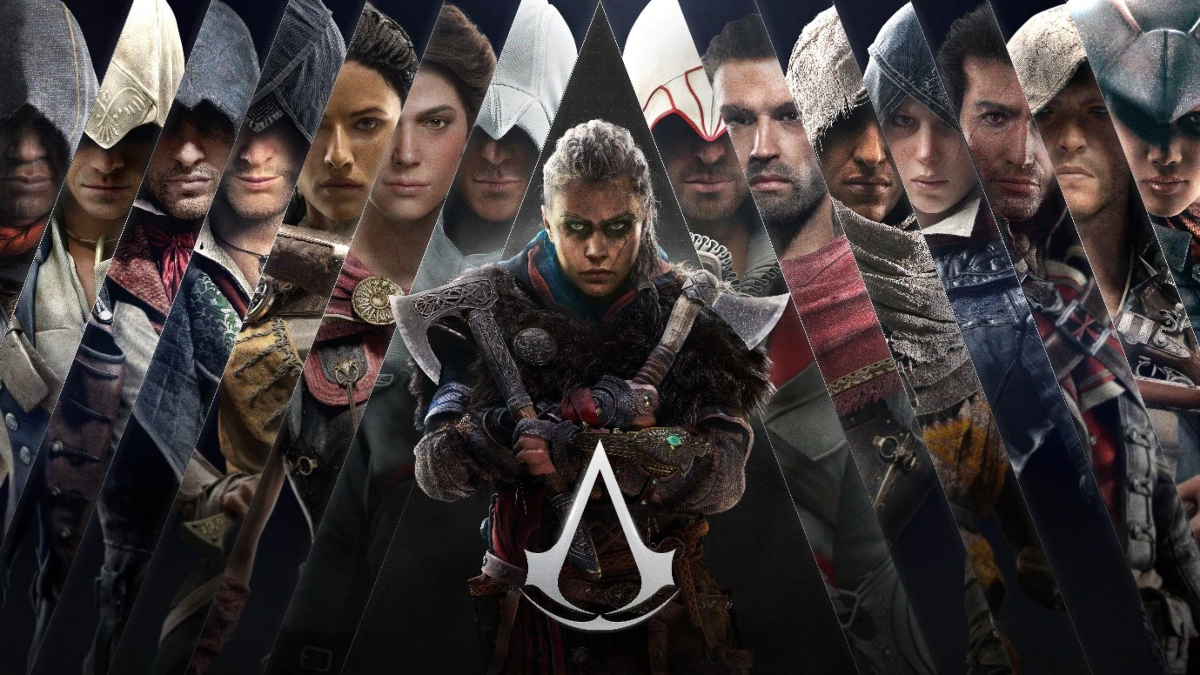
Published: Oct 2, 2023 03:01 pm